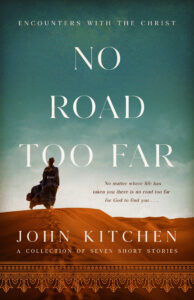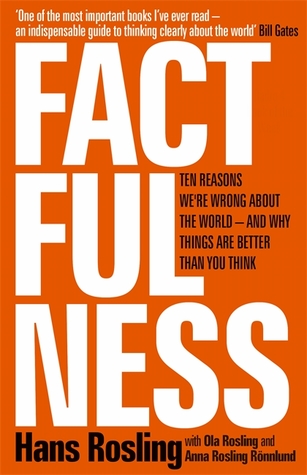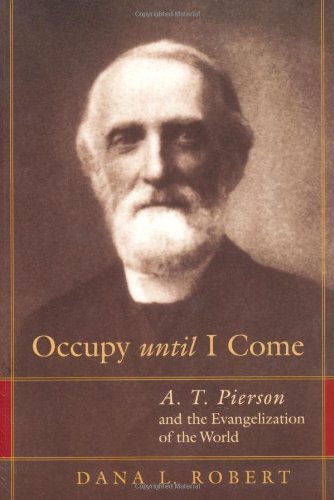I wasn’t far into A Conspiracy of Breath when I realized I was in over my head. I surmised the mind behind this story-telling is brilliant. It’s not that this novel is difficult to read; it’s that it is so weighty, so substantive. I realized that not only was I in the presence of a mind far greater than my own, but that I was swimming in deep waters spiritually. Reading A Conspiracy of Breath would be work, but pleasant work; this might not always be comfortable, but it would prove to be exhilarating. As I continued to read I was swallowed up by—what can I call it?—a powerfully sensory experience. The book awakened my senses and commanded and demanded of them in ways that were powerful, and sometimes taxing.
 By now you’re rightly surmising that this is no shallow, bubblegum novel that leaves you with warm fuzzies and saccharine morality. This is a deeply probing, soul-searching, heart-turned-wrong side-out kind of story, told with consummate skill.
By now you’re rightly surmising that this is no shallow, bubblegum novel that leaves you with warm fuzzies and saccharine morality. This is a deeply probing, soul-searching, heart-turned-wrong side-out kind of story, told with consummate skill.
There is behind this story a massive intellect, a soul of deep dimensions, a heart alive with a panoply of sensory vocabulary. It is an intimate novel. One feels oneself being drawn, via the story, into a depth of relationship with the author that feels profoundly personal. But—and I’m struggling here—my words simply don’t convey the depth and power of my experience with this book. I’m still reflecting, still ruminating, and still emoting over this read, even now days removed from turning the last page.
This is, then, an exceedingly well-written novel. Yet on another level this functions also as an apologia for the idea that Priscilla, co-laborer of the Apostle Paul, is the author of the New Testament letter to the Hebrews. In the introduction and a concluding “Author’s Note” Scott sets out her convictions about this hypothesis. She believes this is not only possible, but probable (397). She writes to convince us of this, yet says, “my book does not pretend to be anything but fiction” (398).
So I should say something regarding this matter of Priscilla as the author of Hebrews. Personally, I have never been uncomfortable with agnosticism about the authorship of Hebrews. The Scriptural and historical record has left with us in this position. The author rightly quotes Origin, “Only God knows the truth as to who actually wrote this epistle” (vii). So I’ve never felt the need to hazard a guess about who wrote the letter. It makes no ultimate difference, for if it did, God would have left us record of this fact. To speculate—and that is what this book, as a novel, does—is not something we need in order to receive and live fully in the revelation given to us by God in Hebrews.
Is it possible that Priscilla wrote Hebrews? Well, I don’t think one could say it is impossible. Is it, then, possible? Sure, I guess. But so are dozens of other possibilities. None of which help me go any deeper into Hebrews or with the God it holds forth to us.
So in that regard, I must say, I didn’t come away convinced. Others will conclude differently. At this level, A Conspiracy of Breath provides an opportunity to carefully weigh what the Bible actually says about such matters. This is a good and profitable exercise for us all.
But Oh! There is so much more that makes A Conspiracy of Breath a worthy read. I am convinced that several re-reads of this book would yield up treasures I’ve overlooked as in this first reading I found myself swimming in the intellectual depth, the sensory tsunami, and spiritual deep-end of this book.




